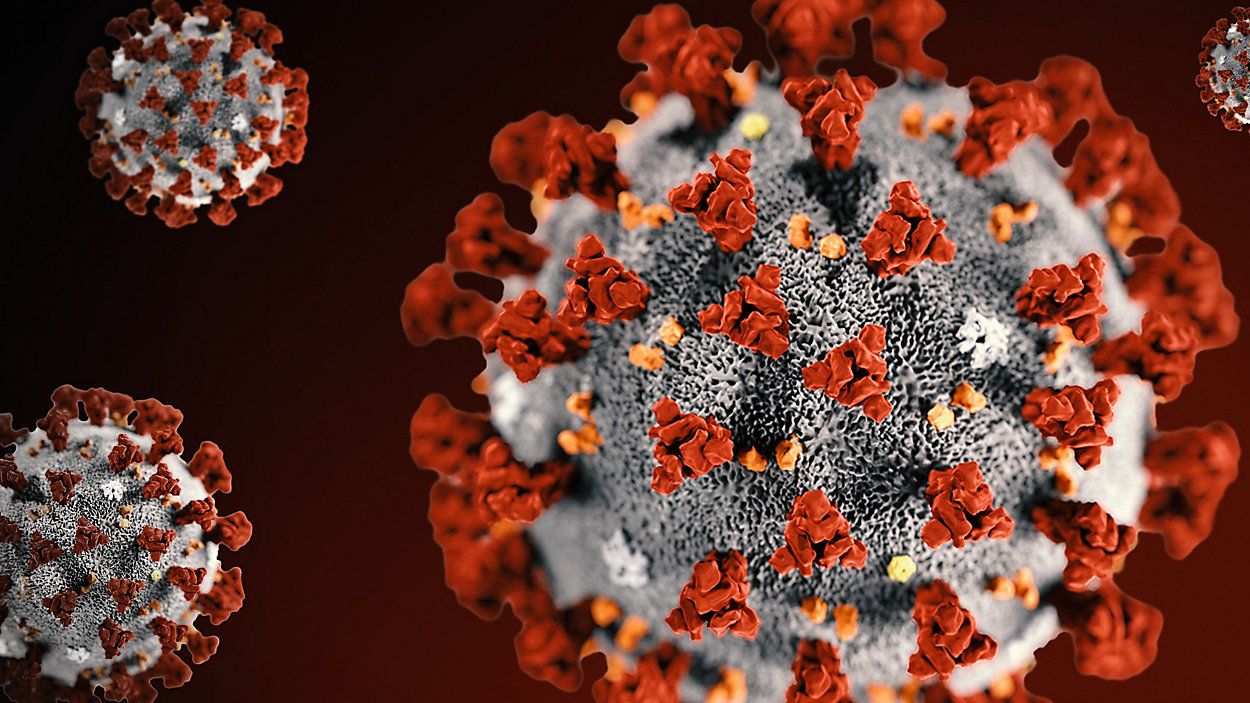The city’s emerging bio-tech industry is stepping up to help the fight against the new coronavirus.
Widescale testing is considered a necessity in order to contain and prevent the virus from spreading — and the need was put into stark focus on Tuesday after New York City health officials released new figures sharply increasing the city’s death toll by 3,778 victims — a massive increase which brings the total number of deaths to 10,367, giving New York the most per-capita deaths due to COVID-19 of any city in the world.
Department of Health officials said the new numbers reflect people suspected of dying from the virus but who didn’t have a test, including people who died at home, in nursing homes and hospitals.
- LIVE UPDATES: Coronavirus in New York City
- LIVES LOST: Remembering Victims of the Coronavirus
- What to Do If You Test Positive for COVID-19
- CDC Coronavirus Page
- WHO Coronavirus Page
For weeks, the department had been counting the presumed virus deaths based on symptoms and medical history, but only those who tested positive and died of COVID-19 were included in the public count.
Mayor Bill de Blasio has blamed a slow data gathering process for the delay. He says widespread testing has to be secured before the city can begin to move forward.
“We get to trace each case, get people isolated, quarantined…and then no transmission — the place we all want to get to — where coronavirus is a rarity in this city and life goes back to normal,” de Blasio said. “That’s the journey that we are on. The testing is crucial.”
There are three key elements needed to build a kit:
- A nasal swab
- A viral transport solution
- A screw cap testing tube before it can be sent to a lab.
The city says it has the lab capacity, but not enough tests.
So starting next week, a set of yet-to-be-named companies will begin building 50,000 kits every week. And after Carmel, Indiana, announced last week it would donate 50,000 testing components to the city, de Blasio is now moving to purchase 50,000 more kits from Aria Diagnostics, a bio-tech company based in Indiana.
The city could not provide an exact figure for the cost of that contract, and questions remain about exactly how the testing will be made available to those who most need it.
Despite signs that social distancing may be reducing hospitalizations, de Blasio appears to be wary of signaling any sort of return to normalcy in the near-future. The mayor acknowledged Tuesday he does not believe large gatherings will be possible until after August.
------
FURTHER CORONAVIRUS COVERAGE
What to Do If You Test Positive for COVID-19
How Hospitals Protect Against the Spread of Coronavirus
Coronavirus Likely Spreads Without Symptoms
Coronavirus: The Fight to Breathe
Cuomo Orders Non-Essential Workers to Stay Home
NYC Businesses to Be Fined If Caught Price Gouging Face Masks
MTA Crews Cleaning to Prevent Coronavirus Spread
Cuomo Granted Broad New Powers as New York Tackles Coronavirus



